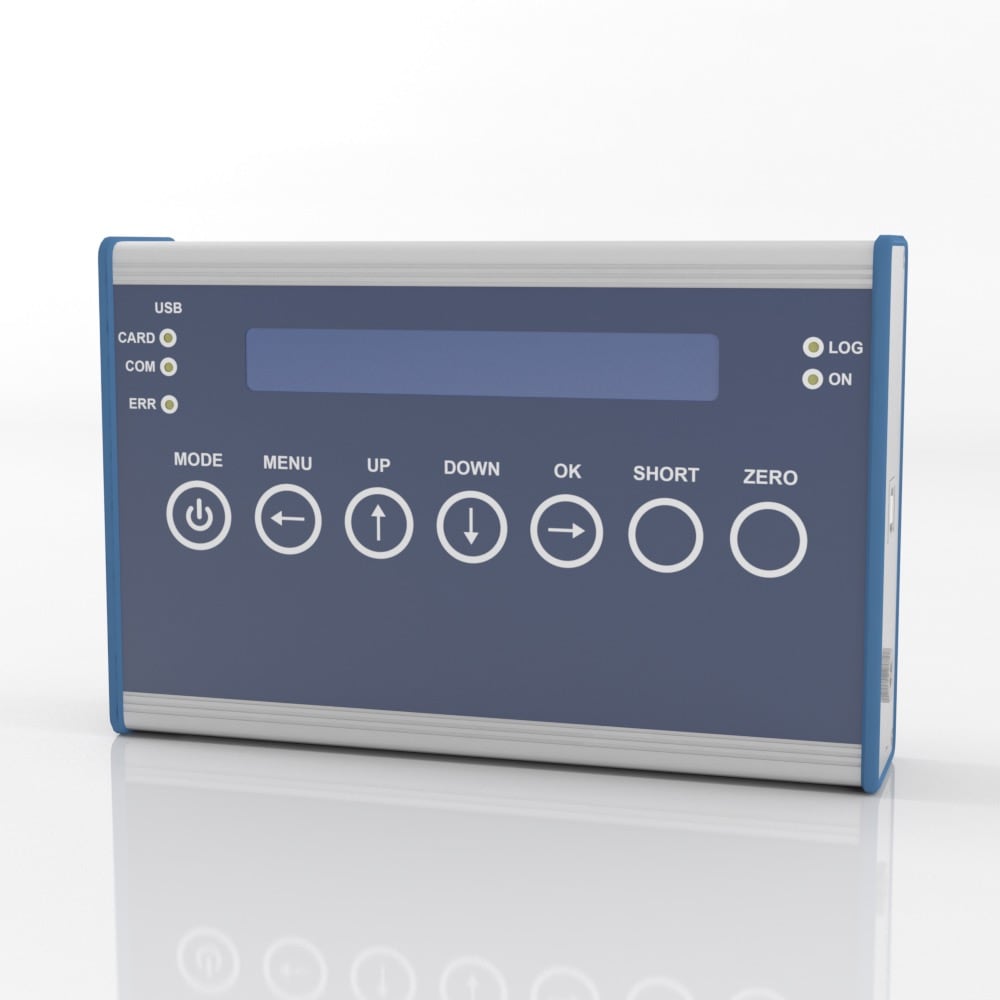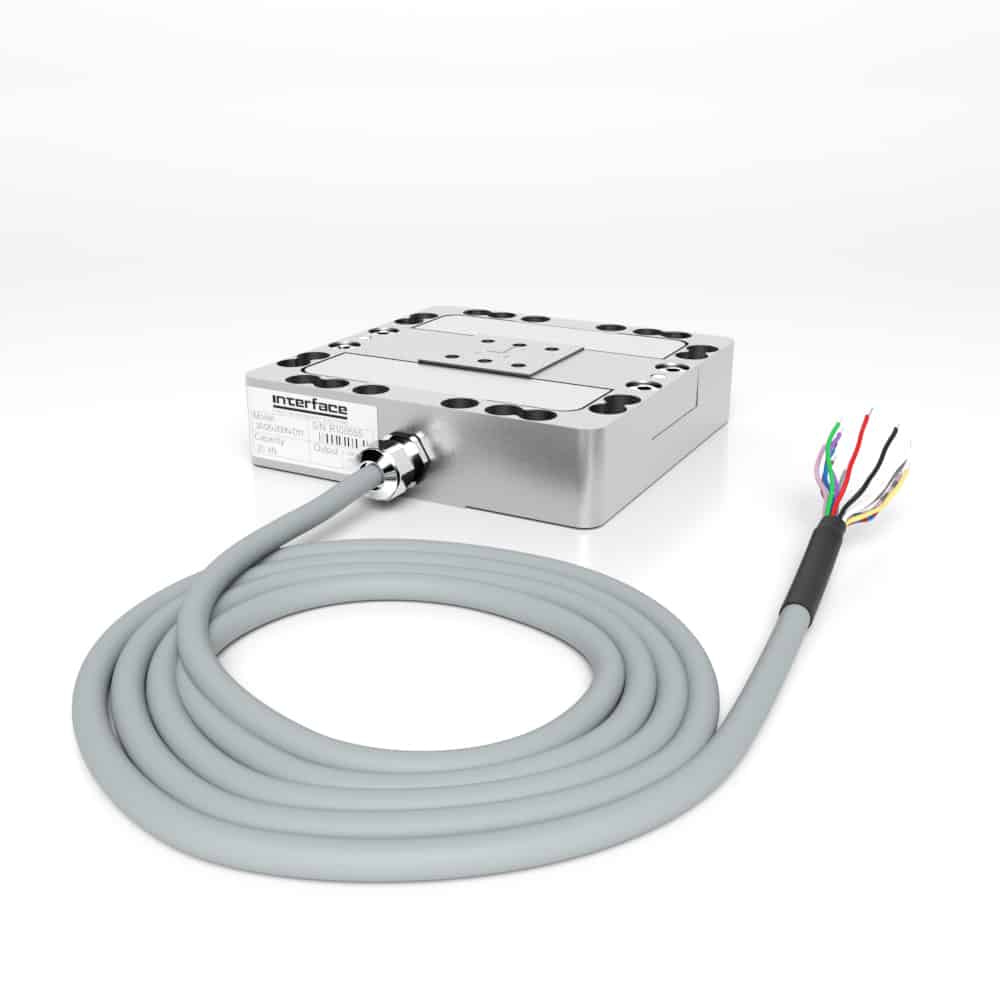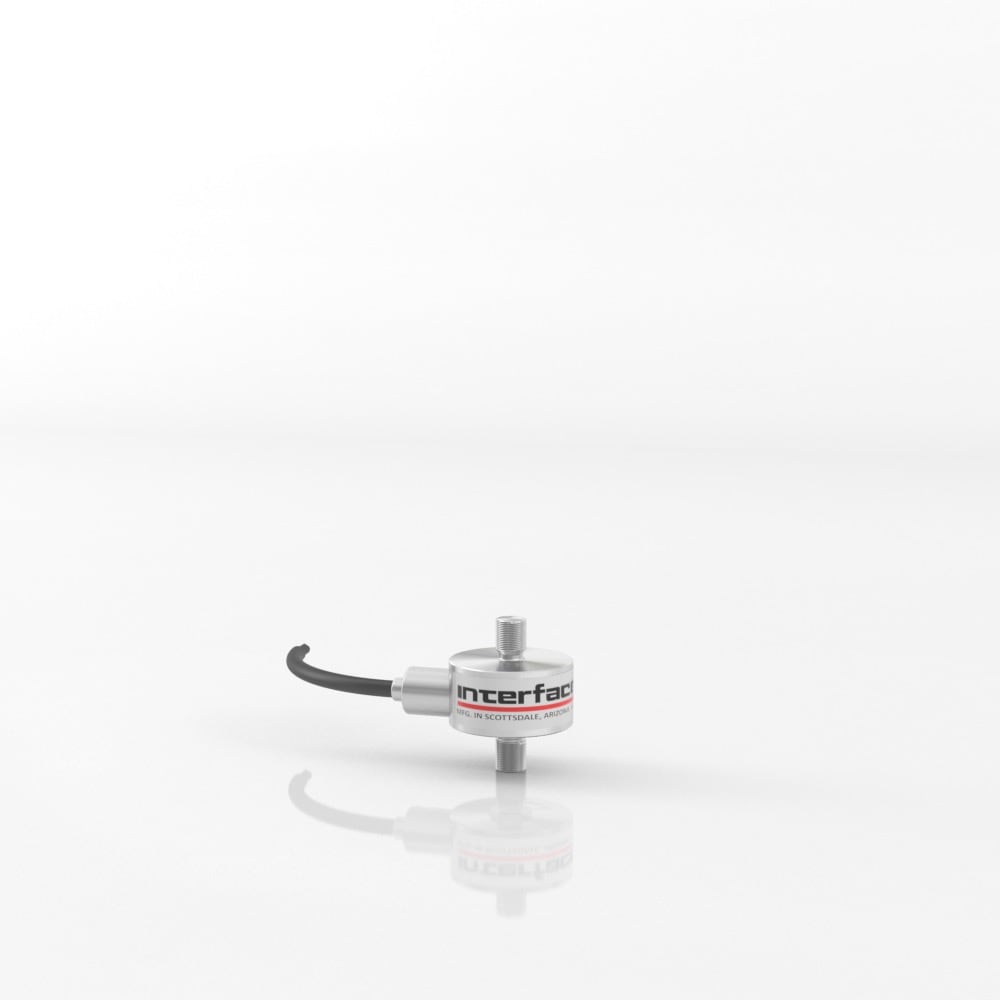If you have ever wondered how a pill or piece of candy gets a little logo stamped on it without crushing it or how every bag of chips is nearly filled to the same capacity, chances are a load cell or torque transducer was involved. Interface works with hundreds of customers who manufacture a wide variety of machines used in the consumer packaging industry. These machines serve numerous functions including logo stamping, bag weighing, bottle capping, sealing and precision cutting.
The challenge our customers run into when building these machines is they require a high level of precision to get consistent and repeatable results. If the machines are incorrectly calibrated, it can lead to excessive waste. For instance, if a bottle of soda isn’t capped correctly, it can leak, or if the machine which embosses toilet paper and napkins is too forceful, the paper will be ripped to shreds. Currently, most packaging machines are relying on physical hard stops, clutches, monitoring motor current and laborious tasks to monitor and apply the necessary force and torque. To ensure proper performance and to reduce waste, the most accurate and reliable force measurement tools are required.
According to Grandview Research, the use of automation, as well as robotics throughout the packaging lines, has seen tremendous growth in recent years. The aim is to improve productivity, reduce the operating costs and prevent waste, thus improving the overall efficiency of the packaging systems. “Big Data” has also gained popularity with operation managers that collect machine data to regulate the performance of the machinery, undertake preventive maintenance and maximize the up-time. In order to meet this demand, customers need force measurement tools that are both accurate and provide the necessary data points to automate and regulate consumer packaging machinery






